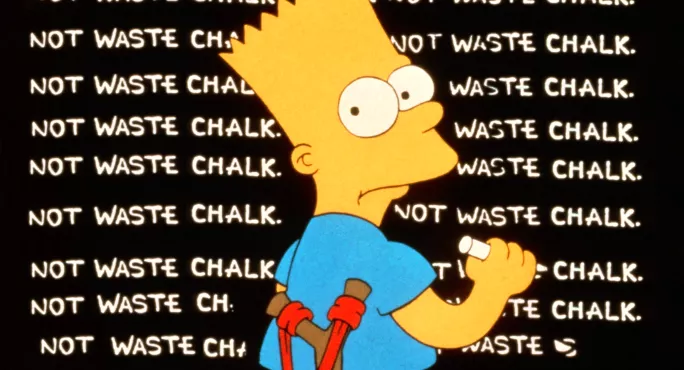“You’ve got to be responsive to what is happening in your community, because we serve our communities,” states Jo Facer on the first ever episode of the new monthly Tes Behaviour podcast (listen below).
The principal for the new Ark Soane Academy in Acton (which opens in September next year) is talking about behaviour policies and how notions of what “strict” may look like can differ greatly between schools.
Some people think of a “strict” classroom as one with lots of rules. But Facer says the school has a duty to identify what is preventing learning, and design the behaviour policy around that.
“We have a real responsibility to know what will stop our children from learning and put something in place for it,” she explains.
That might mean lots of rules or it may mean very few. It may mean rules for things that other schools do not feel they need to single out.
So taking the behaviour policy of one school and trying to impose it on another is likely to be problematic, she believes. Likewise, judging another school’s approach is similarly troublesome - where JoJo Bows may need strict rules in one primary school, at another they may rarely be seen, or not seen as an issue.
She also takes issue with the idea that being strict and being relational are mutually exclusive.
Quick read: Are teachers to blame for bad behaviour? Sometimes, yes
Quick listen: Understanding the psychology of bad behaviour
Want to know more? Why schools should foster a sense of belonging
She outlines her ideas for how relational and strict approaches can work well together, and that actually the vast majority of children will benefit from being taught with a “warm-strict” approach.
She says ignoring the relationships side of behaviour approaches would be foolish and having an adversarial view of interactions with children would be very detrimental.
“No matter how awful the behaviour of a child is, they are still a child. And they can say they can hate us - but they’re children,” says Facer.
“We have a responsibility, we have chosen this profession. We can’t hate them. I even feel uncomfortable with people who dislike children. There are some children who are difficult to like, but as a teacher you have to find something with them, because they sense it. They’re humans, just like us.”
You can listen to the podcast on the player above, or type “Tes - the education podcast” into your podcast platform (including Spotify)




